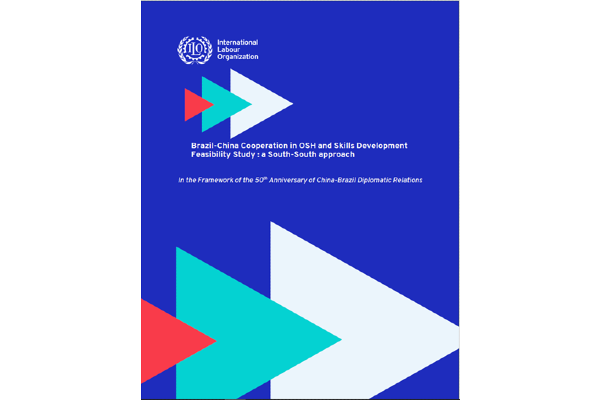
South-South Cooperation (SSC) has emerged as a transformative force in international development over the past four decades, enabling developing nations to share knowledge, skills, and resources to address common challenges. Within this framework, the International Labour Organization (ILO) plays a pivotal role, leveraging SSC to promote decent work and social justice worldwide. Recognizing the potential of collaboration beyond the Global South, the ILO embraces South-South and Triangular Cooperation (SSTC), a modality that includes support from Northern partners, fostering self-reliance, mutual learning, and solidarity.
As the world prepares to observe Global South-South Cooperation Day on September 12, the significance of these partnerships is more apparent than ever. This day serves as a reminder of the growing importance of SSC and SSTC in driving sustainable development and addressing global inequalities. It also highlights the collective power of developing nations in shaping a more just and equitable world.
In this context, as Brazil and China celebrate the 50th anniversary of their diplomatic relations on August 15, 2024, it is an opportune moment to reflect on their significant contributions to SSC and SSTC, particularly within the framework of BRICS—a group of emerging economies comprising Brazil, Russia, India, China, and South Africa. Both Brazil and China have demonstrated leadership in advancing decent work and social justice within BRICS and beyond. Their collaboration under the SSTC framework has been instrumental in addressing key labor issues, promoting sustainable development, and fostering inclusive economic growth.
The ILO’s cooperation with Brazil and China within BRICS is characterized by initiatives that enhance occupational safety and health (OSH) and skills development, reflecting the priorities identified in recent bilateral agreements. These efforts align with the broader objectives of the BRICS Productivity Ecosystems and the pursuit of high-quality development. As the ILO continues to work closely with Brazil, China, and other BRICS countries, this collaboration not only contributes to the realization of the Sustainable Development Goals (SDGs) but also reinforces the ILO’s mission to promote social justice and decent work for all.
This study focuses on the potential for Brazil-China collaboration in OSH and skills development, areas that are central to both countries’ SSTC agendas. It aims to guide future cooperation activities, ensuring that they contribute to the ILO’s objectives and the broader development goals of the Global South. As Global South-South Cooperation Day approaches, and as Brazil and China deepen their partnership, the ILO remains committed to supporting their efforts to create a more equitable and sustainable world.

